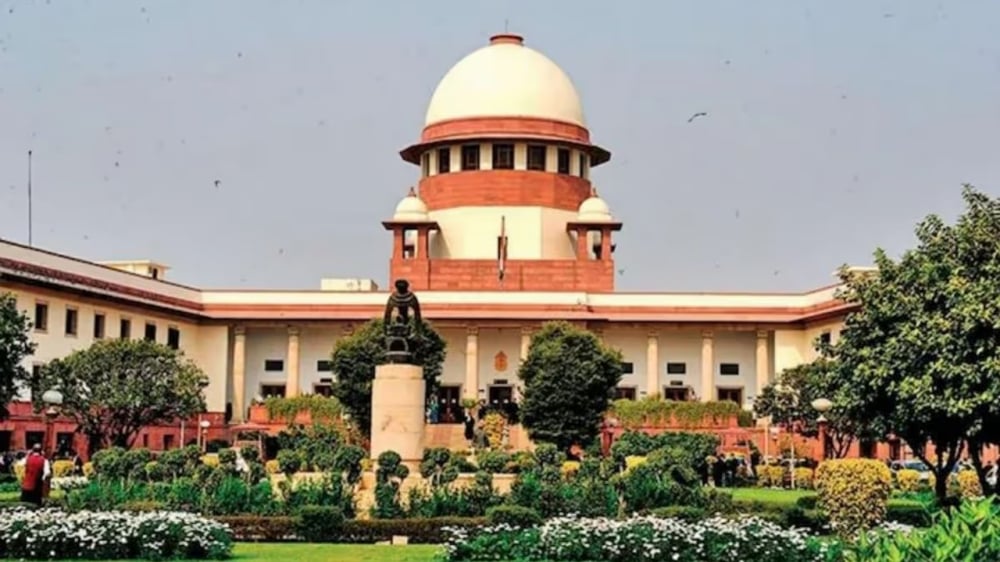
In 2008, NCDRC had criticized banks for charging interest rates between 36 percent and 49 percent on credit card outstanding. The consumer forum said the Reserve Bank of India (RBI) has failed to control this practice.
In disappointing news for credit card users, the Supreme Court today struck down the NCDRC’s decision to cap interest on credit cards at 30%. After this, if you do not make credit card payment on time, you may have to pay heavy interest.
In a 2008 judgment, the NCDRC had criticized banks for charging interest rates between 36 per cent and 49 per cent on credit card outstanding. The Supreme Court on Friday set aside the 2008 decision of the National Consumer Disputes Redressal Commission (NCDRC) which had said that charging more than 30 per cent interest on bank credit cards would be unfair trade practice.
The bench of two judges said this
In the HSBC vs Awaaz Foundation case, a bench of Justices Bela Trivedi and Satish Chandra Sharma said that in view of the above reasons, the decision of the NCDRC is set aside. A detailed copy of the judgment is awaited.
In 2008, NCDRC had criticized banks for charging interest rates between 36 percent and 49 percent on credit card outstanding. The consumer forum said the Reserve Bank of India (RBI) has failed to control this practice.
NCDRC said in the instructions
• It is unfair business practice for banks to charge interest at the rate of more than 30 per cent per annum from credit card holders for failure to make full payment on the due date or to pay the minimum balance.
• Penalty interest will be charged only once for the period of default and will not be capitalized.
• Charging interest along with monthly leave is also unfair business practice.
• Banks are, therefore, directed not to indulge in or repeat the above unfair trade practices.
NCDRC has found that the Reserve Bank of India
The Reserve Bank of India (RBI) has not issued specific guidelines capping the interest rates charged by banks on credit facilities including credit cards. This lack of regulation allowed banks to set high interest rates, which could lead to exploitation of consumers, especially those in weak financial condition. The Commission said such practices could be considered unfair trade practices under the Consumer Protection Act.
NCDRC stressed the need for regulatory oversight to prevent financial institutions from charging excessive interest rates, which could lead to consumer exploitation. This highlights that in a welfare state, financial institutions should not be allowed to exploit the financial vulnerabilities of consumers. The Commission also pointed out that although some states have laws prohibiting moneylenders from charging interest above a certain rate, there is no such regulation for banks and non-banking financial companies (NBFCs) at the national level.
 look news india
look news india